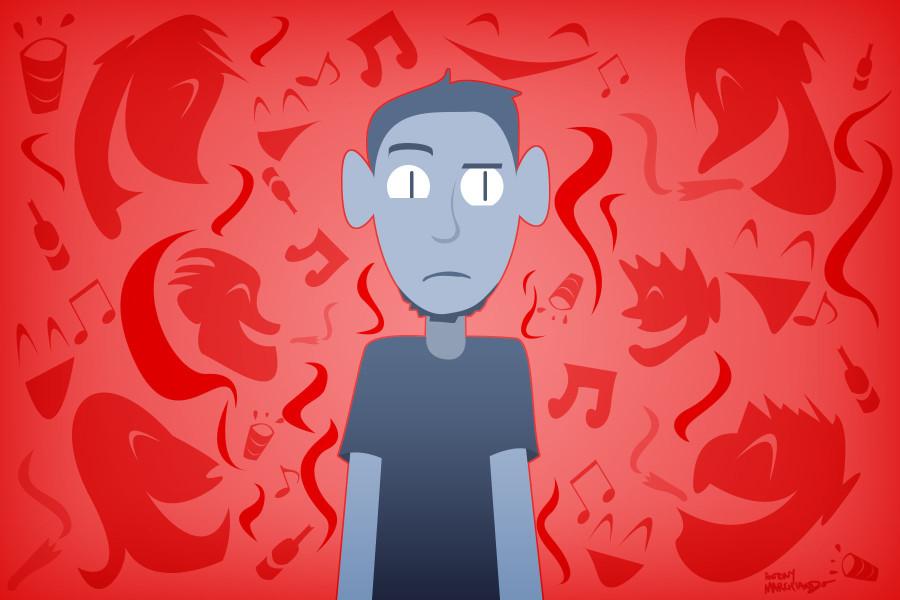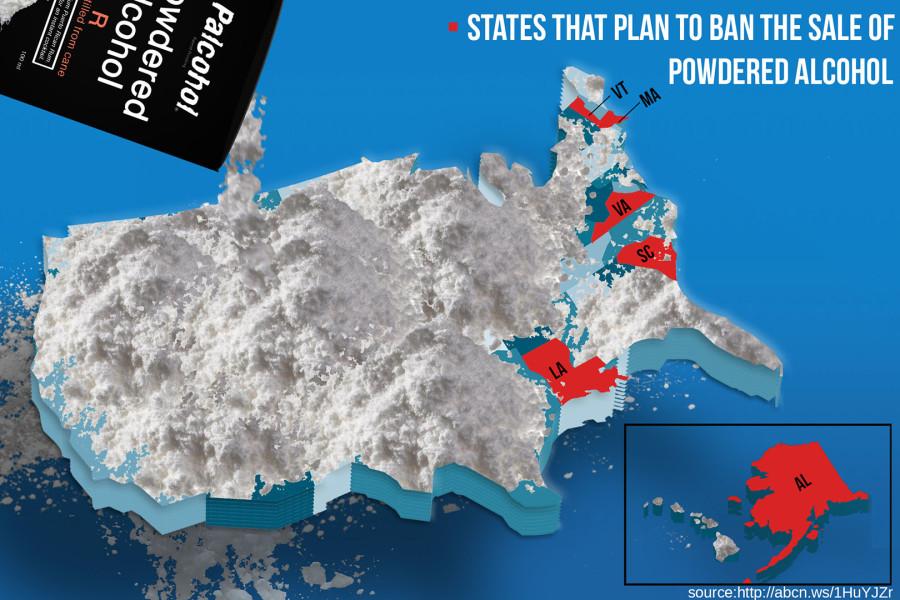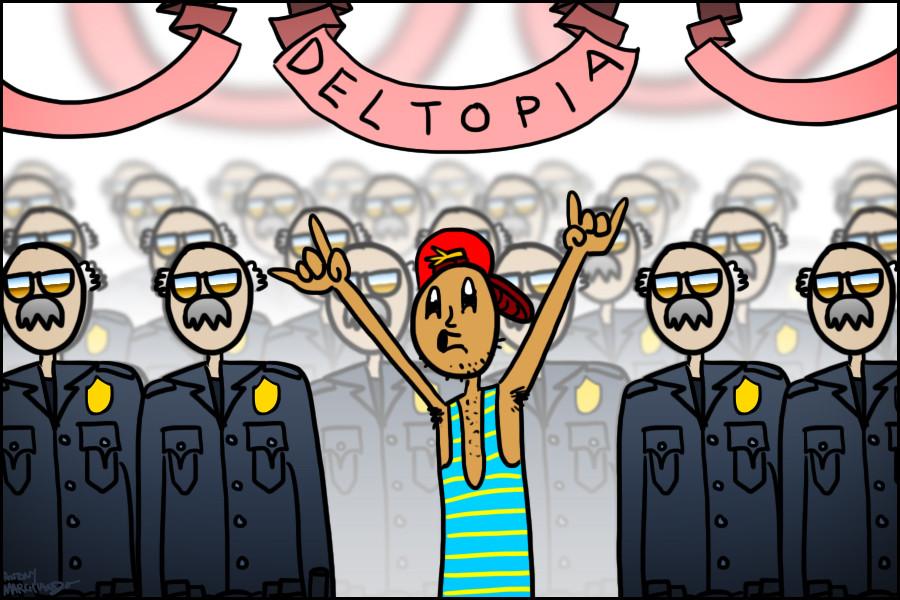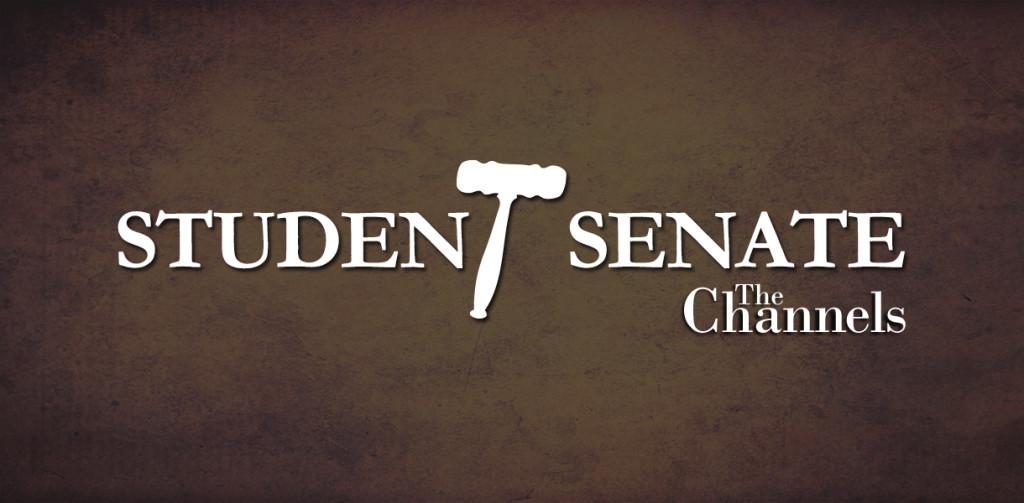Eight decades ago, guided by a belief that its citizens couldn’t be trusted with their own bodies, the United States launched a full-scale prohibition of alcohol. Prohibition failed to curtail drinking, but succeeded admirably in driving up crime rates and organized crime income, and was repealed 14 years later.
The country, apparently unable to learn any lessons form the abject failure of that prohibition, launched a new one, with a catchy new name: the War on Drugs. President Nixon began the campaign in 1969 and it has been no more effective than Prohibition was.
Addressing Congress, President Carter said, “Penalties against drug use should not be more damaging to an individual than the use of the drug itself.” That common sense guideline has been roundly ignored by one administration after another.
According to the Department of Justice’s Bureau of Justice Statistics, there are over 350,000 prisoners in state or federal prisons on drug charges. While the majority of those incarcerated are locked up on cocaine-related charges, over 12 percent-roughly 45,000 people-are locked up for marijuana offenses.
Think about that: 45,000 adult Americans deprived of their liberty for voluntarily putting something, which has never killed anyone, ever, into their bodies. And this is the “land of the free”?
But what if those criminals weren’t behind bars? Wouldn’t they be out committing other crimes? Well, no.
More than half of 18- to 50-year-olds in America has used marijuana at some time in their life, and if there are 69 million dangerous criminals loose on the streets, this country has greater problems than a few potheads.
Illicit drugs are broken into two broad categories: the “soft” category contains drugs such as marijuana, hashish and “magic” psilocybin mushrooms. The “hard” drug category consists of cocaine, heroin and amphetamines. Of these, marijuana is the only one that enjoys anything close to legality.
Many people say that soft drugs are one thing, but argue that hard drugs should remain illegal for both philosophical and practical reasons. But no, they shouldn’t.
This year, the federal government will spend over $14 billion fighting against drugs. Despite spending over $440 per second, almost any drug can be found in almost any city in the country. Clearly, interdiction is a failed endeavor.
The philosophical argument is simple: adults are free to choose where to live or work, who to like or avoid, what to watch or read. Shouldn’t they be free to ingest whatever they choose?
Rather than fighting a losing battle against free will and human nature, why not legalize, tax, and regulate drugs, providing a safer product, safer streets, and a much-needed boost to the economy? At the very least, the United States should follow the lead of Portugal and Mexico in removing criminal penalties against adults who make a choice about their bodies.
The War on Drugs is utterly ineffective, is completely opposed to the ideals of freedom on which the United States was founded, and the time has come for it to end.













